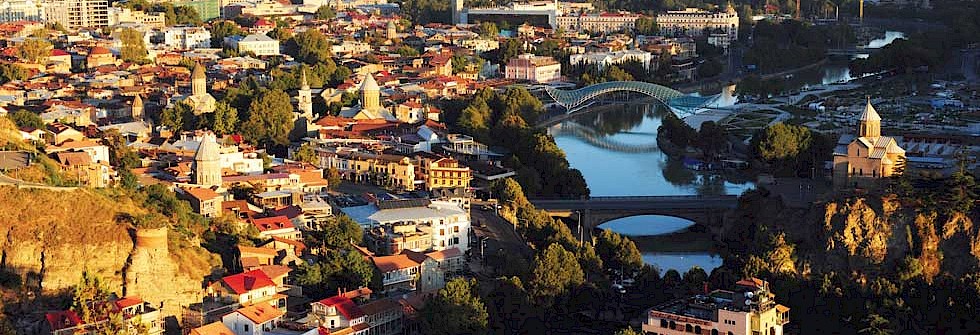With big plans to integrate further into the European Union, Georgia’s European dream looks set to become a reality, while the EU values the pro-business, pro-Western nation for its essential role in securing European energy supplies.
Following another peaceful transition of power, further cementing Georgia’s status as a true democracy, the country’s new government is building on the progress made since the 2003 Rose Revolution to transform it into a modern European state and a key partner for the West.
Just seven months after taking office, prime minister Irakli Garibashvili signed an historic association agreement with the EU, which includes a far-reaching free trade pact, and is now putting in reforms to bring the Caucasian nation’s systems and institutions in line with those of the bloc.
“When we complete these reforms, we will have an agenda for the European Union and how to make Georgia a European state,” he says. “This will elevate the country’s standard of living.”
And it’s not just the Georgians who stand to benefit from the reforms. Holding a very impressive eighth place in the 2014 World Bank Doing Business ratings, and with its GDP tipped by the institution to grow by over 6 percent this year, Georgia also has a lot to offer foreign investors. While British oil giant BP is its largest investor, Georgia also has strong European participation in its food and beverage, infrastructure and tourism sectors, to name a few.
“It is a very natural process for Georgia to become a member of the European Union and to transform itself into a real, democratic, modern European state. This is our ambition.”
Irakli Garibashvili Prime minister of Georgia
Tweet ThisBut the major plus point of Georgia’s renewed focus on Europe is the vital role it plays in securing the continent’s energy supplies as it facilitates the flow of Caspian gas to Turkey and beyond. This, together with the country’s carefully crafted political and diplomatic relationships with both its neighbours and countries further afield, has positioned Georgia as an important intermediary between East and West. Recognising this, NATO has offered the nation unprecedented steps to improve cooperation, although membership isn’t yet on the cards.
Today, Georgia-Europe ties are strengthening in every dimension, something not only reflected by the upward trend in European investors entering the country to take advantage of its numerous opportunities, but also by the growing number of tourists who have started to discover Georgia’s stunning scenery, unspoilt nature and ancient traditions.
“Without exaggeration, Georgia is a beautiful country,” concludes prime minister Garibashvili. “We have everything, all in one small place.” And with this positive attitude, the new Georgian government is driving the country toward a very bright future indeed.

